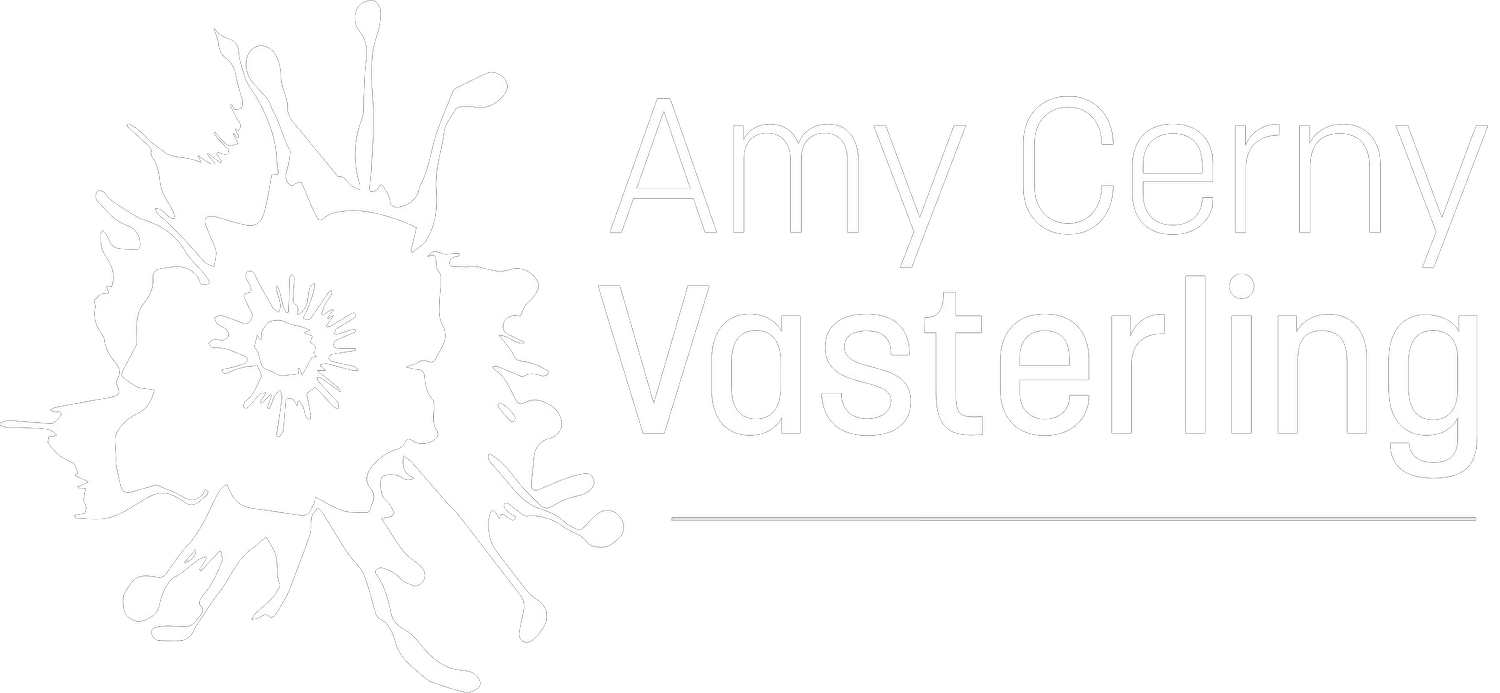How do I discipline my highly sensitive child (HSC)?
This question has been requested by so many parents, and it’s a valid one because like most things with the highly sensitive, there is a different way to do it. Our aim as parents is to help our Highly Sensitive Child or HSC’s learn to stay out of over-protection or over-processing mode as much as possible. Through doing so we allow our HSC full access to their greatest attribute, which is knowing for themselves.
By nature, the HSP learns best through gentle correction rather than strong punishment. Natural consequence, collaboration, support and communication are better approaches for these kids. Discipline is defined as the practice of training people to obey rules or a code of behavior, using punishment to correct disobedience. I assure you this will simply not work with your HSC’s, and the reason is this style of discipline translates into parents exerting control over the child. The HSC’s primal instinct is to resist control. They’re resilient by nature, and the good news is that by being preemptive, we can avert discipline altogether.
The HSC processes information at such a high level that a startle, an angry voice or tone, or the experience of being grabbed at or shaken are surefire ways to set off your HSC and permanently start something you didn’t intend. Most parents are told to get ahold of themselves and go away, take a break and cool down. I agree, but there is a method to doing this with the HSC, which is important and differs from how you might do this with a non-HSC. Staying calm will get a better result because the HSC will also remain calm refraining from the need to “over-process” the information to make sure they are safe. The alternative leads an HSC to become overly wound-up, overly emotional or shut down completely.
The HSC tends to learn and assimilate lessons very quickly. In order to get it right, the parent needs to learn how to allow the child to hold the emotional and physical consequences of their actions. When raising children we are also teaching them communication styles for their lifetime. State how you feel and keep it simple. The parent does best by delivering the first statement they feel to say, that is often the truth. If your habit is to swear first, while that is the truth because you might feel angry, it’s not the direction we want to head. Here’s an example to help illustrate what I mean. “Sarah, I don’t like it when you leave your dishes in the sink. Please put them in the dishwasher!” This is where we stop because we may have a tendency to say things like “Your older sister always puts her dishes…..” However, you can see how the first thing we tend to say is true. Comparing, judging or labeling an HSC is a slippery slope that will backfire in a big way damaging their self-esteem and creating something that merits your worries.
Giving kids the benefit of the doubt, especially the highly sensitive, by asking them how they feel about any given situation is beneficial. Asking how they feel about a low or even a high grade is a good way to pre-emptively see what they feel about why the situation is as it is. Sometimes kids feel low about a high grade because the test was too easy and felt like the teacher was wasting their time. HSC’s tend to be altruists, always shooting for the win/win so yes, this might upset them. They may also feel alright about receiving a low grade because they see others in the class did similarly, and the test was especially challenging. It is always a good practice to look at our HSC from their effort over their grades. Always. Kids will try harder if they build a flexible mind-set achieved by the parent sharing about seeing the effort the child put forth. It’s also ok to ask the child if they feel they put forth a lot of effort and work from there.
I am a big advocate for using humor when a parent has a challenging moment with a child. Using an accent and persona can be a great way for a parent to learn how to use authentic anger. Many parents were not parented in a way that offered authentic anger. Even knowing what that is can be confusing. It is important to differentiate between a situation that triggers you versus an actual event where your child's action, words or inaction did something that hurt you or another. An example parents have shared about inauthentic anger were around getting the kids out the door for daycare or school where the parent got ready with their coat and shoes and then got the kids ready. The parent starts to get hot from having their coat on in an effort to bridge efficiency with the small excited legs of their child. There are two problems in that scenario: the efficiency and the parent getting too warm. These two things are triggers for some parents. Triggers can be caused by lack of sleep, too warm, hunger even to the control struggle in feeding child(ren).
Working with your HSC to help them learn through gentle, kind and loving action is going to set your HSC up to be your easiest to parent because they are adept learners and by nature are perfectionists. This is why you want to go slowly and stay with them to teach them, how you behave sets the standard for how they behave. However, they will thrive through their own observed success in achieving these small daily interactions.

